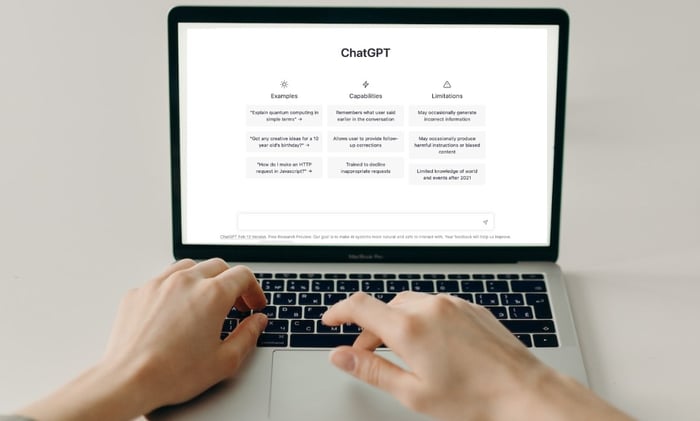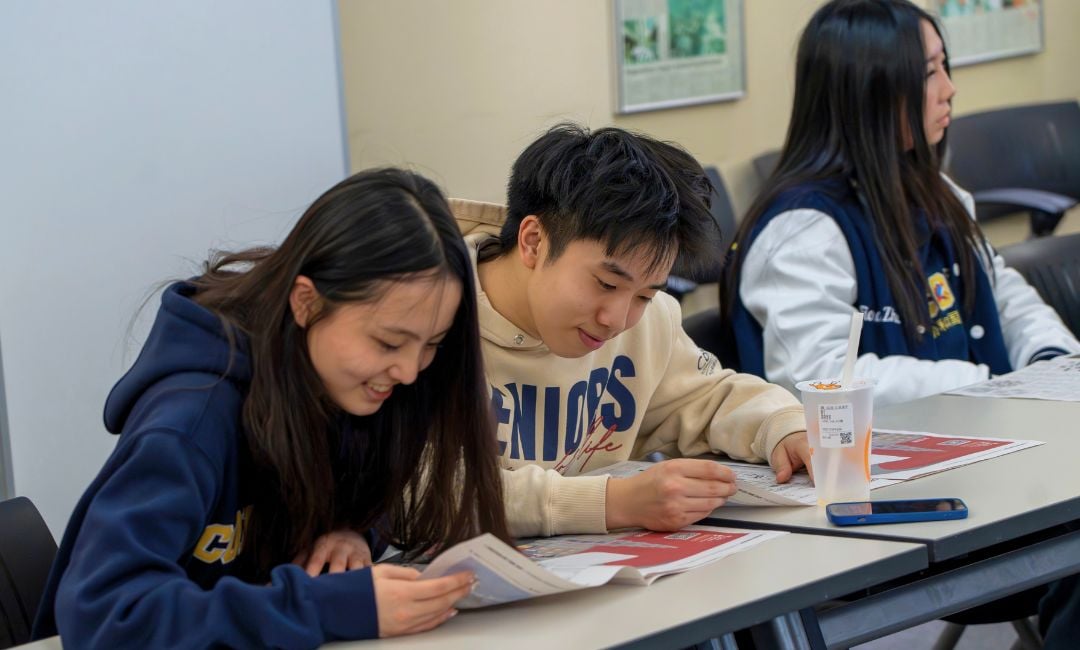ChatGPT has been an exciting and scary development as teachers, students, and parents determine how it, and future innovations like it, will impact education. Since it came out, I have enjoyed testing its abilities in terms of the AP History courses. Ultimately, I’ve learned it can be a powerful tool that can be easily leveraged in the classroom without replacing the role of the teacher as a facilitator of learning.

I first thought of applying ChatGPT to AP History courses after watching a video from one of the AP History YouTube gurus. The AI was able to answer SAQs (Short Answer Questions) surprisingly well. If nothing else, this can be used to provide models for student answers that emphasize quality and the inclusion of specific supporting details.
When the AI is tasked with providing answers to the AP LEQs (Long Essay Question) and DBQ (Document Based Question) the results are markedly different. In both cases, the AI can regurgitate a significant amount of relevant historical detail and organize it into a cogent argument. However, without more detailed parameters being set, the AI struggled to compose arguments that follow the specific formatting requirements of AP rubrics and could not always show proficiency in the targeted historical thinking skills. I ran about half a dozen of each essay type through the program; the average score of a ChatGPT generated LEQ was 2 out of 6, while the DBQ was even lower at 1 out of 7.
With better parameters I am sure it is possible to increase the proficiency of what ChatGPT creates. However, as I showed my students, its most useful right now as a brainstorming and review tool. A student could easily run an LEQ prompt through the AI, then use what it produces to reconstruct a strong and well-reasoned argument that follows AP expectations. Although the AI cannot produce DBQs that use the specific primary sources provided, it can likewise be used to brainstorm outside evidence and possible directions for a student’s analysis. Since most teachers get to know their students’ writing styles and abilities quite well and can always use tech-free in-class assessments, I am not overly concerned with ChatGPT’s potential as a cheating tool.
If nothing else, I hope this exercise in AI emphasized to my students the importance of a skill-centered classroom. There are so many tools available for content acquisition, that a class designed around memorization and content regurgitation does not do students justice. Instead, the real value is on facilitating inquiry, collaboration, skill acquisition and application, and all the hands-on learning that makes school exciting. ChatGPT can’t replace those yet.




